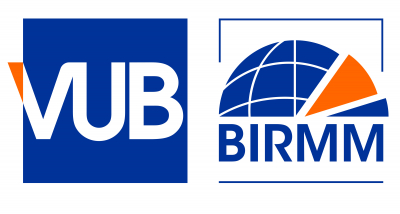What opportunities and challenges face us in progressing towards racial equality in the EU today? On the one hand, the Black Lives Matter Movement (BLM) has created pressure for change, the EU Commissions President Von der Leyen underlined this in June 2020, and we saw the adoption of the first ever Anti-Racist Action Plan in September 2020, the organization of the first ever Anti-Racism Summit in March 2021 and the appointment of the first EU Anti-Racism Coordinator in May 2021. Never before had the EU reccognized the existence of institutional and structural racism in Europe as it did now. On the other hand, far-right political discourses and parties have increased their power in Europe, and there is a backlash against antiracist civil society organizations, as experienced through threats and the loss of support in several countries.
Where do we stand a good year after the adoption of the EU Anti-Racism Action Plan? Are we still convinced that 2020 created a momentum for change? What EU policy changes are on track? What are the biggest challenges and hurdles for implementing real change? How can the EU institutions support national actors and policies for racial justice? And, what is the role of the EU Anti-Racism Coordinator in all this?
We are more than honoured to welcome Michaela Moua, the EU Anti-Racism Coordinator to answer these many questions together with our panelists Julie Pascoët, Senior Advocacy Officer at the European Network Against Racism (ENAR) and Kathleen Van Den Daele, Director at Levl (the network organisation of ethnic and racial minorities in Flanders, Belgium) and member of The Belgian Coalition for a National Action Plan Against Racism (NAPAR Belgium).
This panel conversation is organized by the Brussels Interdisciplinary Research Centre on Migration and Minorities (BIRMM) and the Brussels School of Governance (BSoG) at Vrije Universiteit Brussel. The panel will be introduced and moderated by Prof. Ilke Adam, co-director of BIRMM-VUB.

